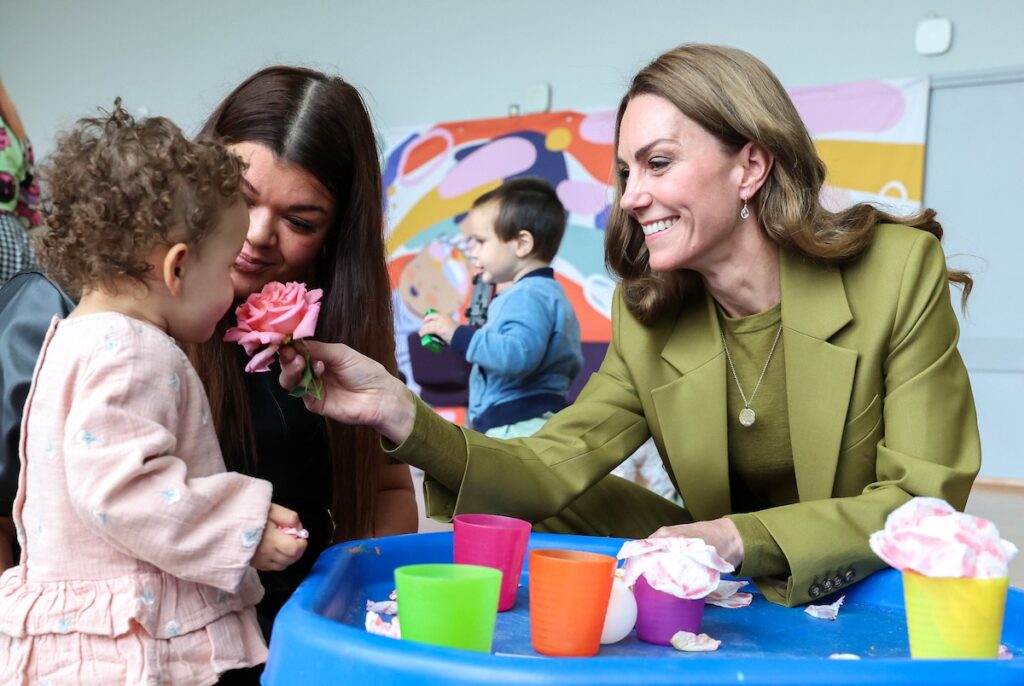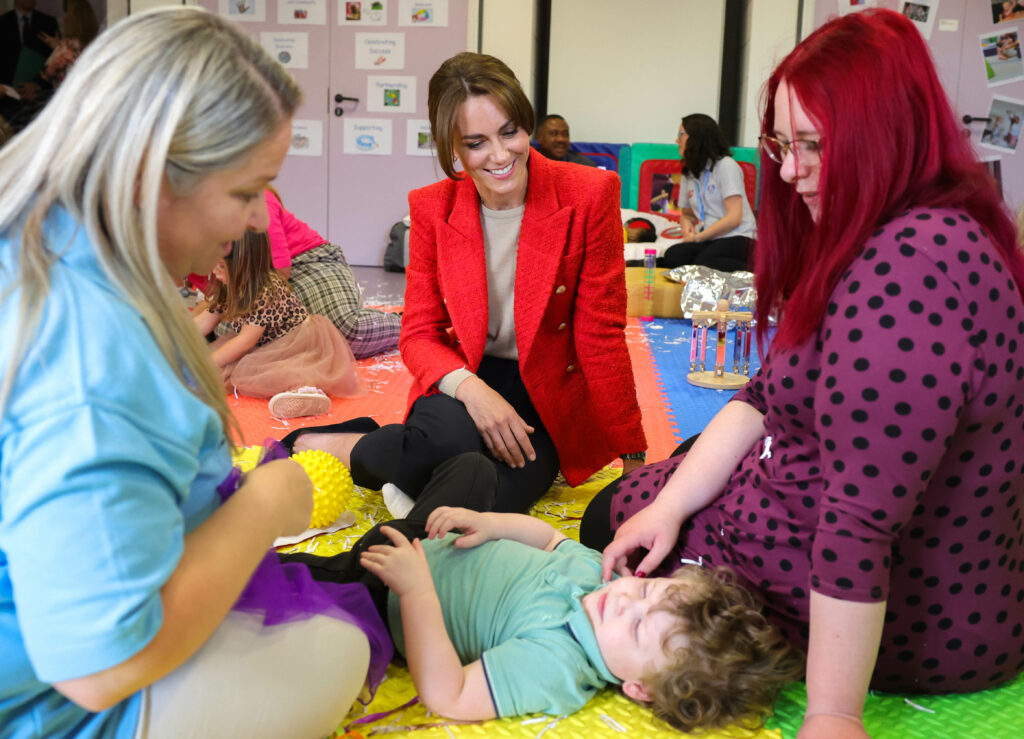Why the Princess of Wales’ Early-Childhood Foundation’s £100,000 Study on Kids and Screens Could Be a Game-Changer
When the Royal Foundation Centre for Early Childhood announced it will back a £100,000 study into how digital devices affect young children and parent-child relationships, it quietly sent a strong signal: the digital age isn’t just rewiring our screens — it might be rewiring our families. +2+2
Here’s why this move matters — and why you, as a parent, caregiver or simply someone curious about what technology is doing to our youngest generation, will want to read on.
1. A Royal Stamp on an Everyday Crisis
The Princess of Wales has long made early childhood development a central cause. By placing this study at the heart of her foundation’s work, she’s elevating what many families quietly worry about: the tug-of-war between screen time and meaningful connection.
In an essay published earlier this year, she described what she called an “epidemic of disconnection” — not among adults and workplaces, but within our homes.
Now, the £100,000 research call will focus specifically on a concept called “technoference” — when digital devices disrupt face-to-face interaction and interfere with the bonding young children need.
2. The Gap in What We Know (and What This Study Aims to Fix)
We’ve seen dozens of studies about kids using tablets or phones. But this one shifts the lens:
-
Instead of just how much time children spend on devices, it asks when and why parents or caregivers themselves turn to screens while around kids.
-
It aims to understand how those micro-moments of distraction reshape the social and emotional scaffolding children build in their early years — from birth to age five — when brain wiring happens fastest.
-
The findings will be used to craft practical resources for health visitors, early‐years educators, and family support services — not just academic theory.
In short, this isn’t about finger‐pointing at screens. It’s about understanding how our habits, devices and attention patterns shape children’s development.
3. Why It Could Impact Every Family

Whether you’re a tech-aware parent or feel you’ve got everything under control, the ripple effects of this study will matter.
-
Early childhood is the period when children develop social awareness, emotional regulation, language skills and relationship habits. Interruptions in that period can have long-term outcomes.
-
The study recognises that devices aren’t inherently bad — but that how we use them when children are present can change the emotional quality of the moment.
-
As digital devices become more entwined with daily life (work, socialising, parenting), families may benefit from clearer guidance on how to be present while still engaging with technology responsibly.
4. The Princess of Wales Himself Sets the Tone

This isn’t theoretical. The Princess and her husband, the Prince of Wales, have publicly stated that their own children do not use smartphones at a young age — emphasising quality family time over constant connectivity.
Her earlier essay, co-written with Harvard’s Robert Waldinger, notes:
“We’re physically present but mentally absent… Our smartphones, tablets and computers have become sources of constant distraction, fragmenting our focus.” +1
This new study carries that ethos into actionable research: from royal principle to practical inquiry.
5. What to Watch For
-
The call for proposals: Which research teams will be chosen? What methods will they use?
-
Study outcomes: Not just “yes or no” answers, but real insights into how device use affects early emotional and cognitive architecture.
-
Resources launched: What support will emerge for families, educators and policymakers?
-
Wider impact: Will this seal a shift in parenting norms, device policies or early-years practices?
